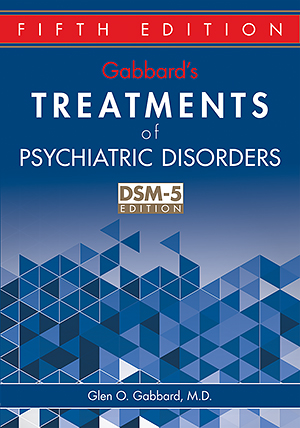Sections
Excerpt
Alzheimer’s disease (AD) is a slowly progressive neurocognitive disorder with a preclinical phase in which the individual may be asymptomatic for many years. This preclinical phase is followed by a period, generally termed mild cognitive impairment (MCI), of impaired cognition and possible neuropsychiatric symptoms without functional deficit. Eventually, individuals with AD develop a dementia or neurocognitive syndrome with cognitive deficits, functional decline, and neuropsychiatric symptoms. The DSM-5 criteria for major or mild neurocognitive disorder due to AD are listed in Box 64- (American Psychiatric Association 2013).
Access content
To read the fulltext, please use one of the options below to sign in or purchase access.- Personal login
- Institutional Login
- Sign in via OpenAthens
- Register for access
-
Please login/register if you wish to pair your device and check access availability.
Not a subscriber?
PsychiatryOnline subscription options offer access to the DSM-5 library, books, journals, CME, and patient resources. This all-in-one virtual library provides psychiatrists and mental health professionals with key resources for diagnosis, treatment, research, and professional development.
Need more help? PsychiatryOnline Customer Service may be reached by emailing [email protected] or by calling 800-368-5777 (in the U.S.) or 703-907-7322 (outside the U.S.).



